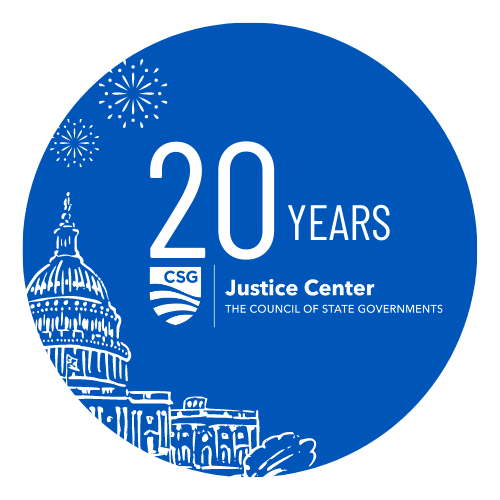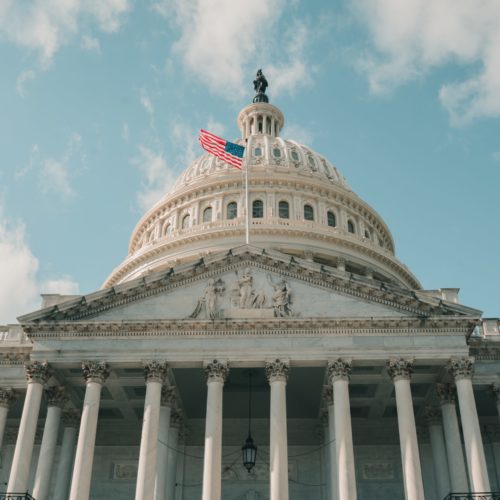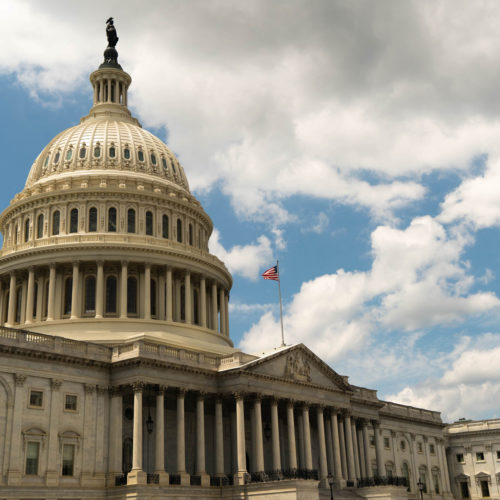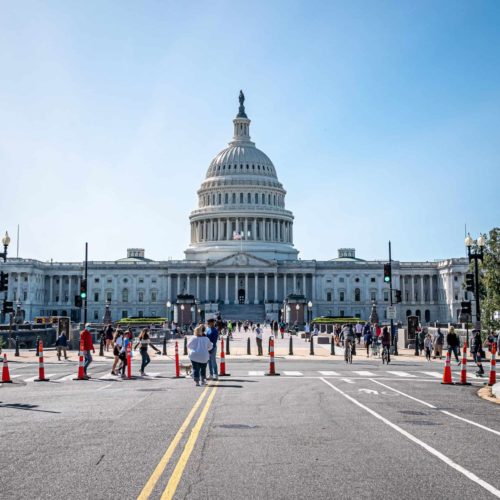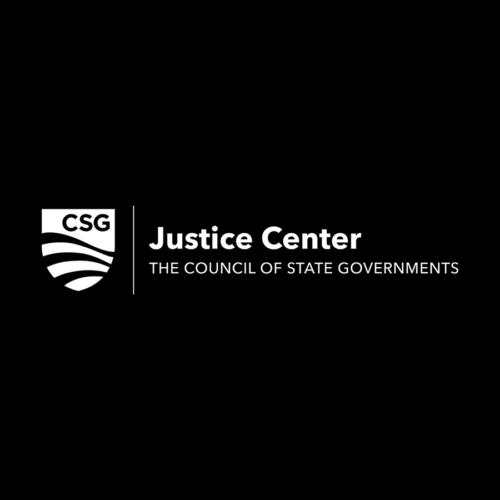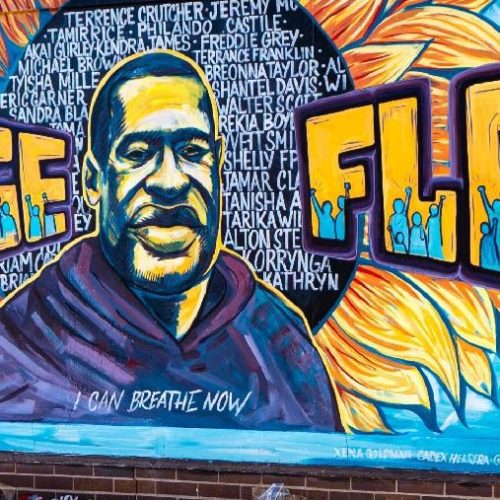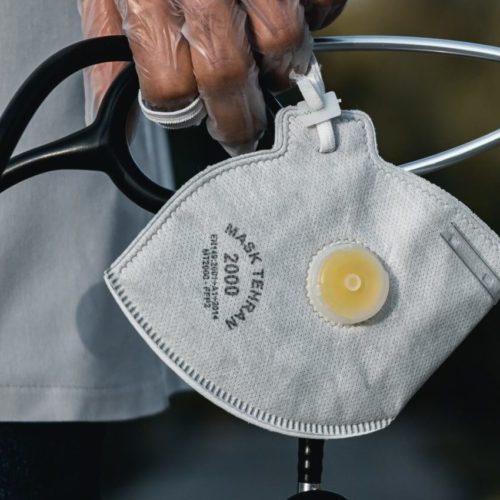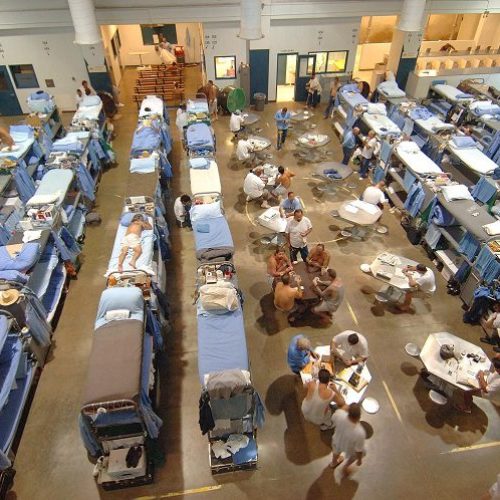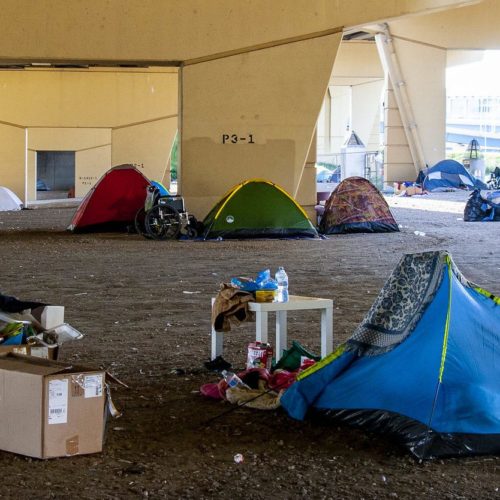FROM THE DIRECTOR

Looking Back at 2022
By Megan Quattlebaum
January 17, 2023
2022 was the year of the “new normal.” As COVID-19 transmission rates dropped, communities devised new ways to return to work, school, and everyday life. This was true in the justice and behavioral health systems as well. Our partners in state and local government, inspired by the need to respond to the challenges of the past two years, were innovative and agile in improving systems of probation and community supervision, diversion, reentry, and juvenile justice. In 2022, they began to shift focus to how to sustain and build upon those positive changes, even in the face of ongoing challenges with rates of violent crime that are too high and rates of case clearance that are too low; staffing shortages for needed programs and services; and persistent system backlogs.
At The Council of State Governments (CSG) Justice Center, we are deeply committed to sustainable solutions. In 2022, we worked with our partners to provide data-driven recommendations and resources to address some of the nation’s most pressing criminal justice challenges and opportunities. In January, we launched the Expanding First Response toolkit, a site full of resources from community responder programs across the country that are reimagining responses to people in crisis. We also launched Justice Counts in January—a first-of-its-kind initiative that allows criminal justice agencies to collect, analyze, and make public key data about their work. The initiative also supports policymakers to leverage that data to make smart, informed decisions that advance public safety, equity, and fairness.
And speaking of public safety, we launched the Reentry 2030 initiative in April—a 50-state response to the barriers individuals face when attempting to safely and successfully reintegrate into their local communities. Our Reentry 2030 team convened state reentry coordinators to collaborate and share solutions that have worked in their states.
The past year also marked several legislative victories in states and Congress. Our work through the IOYouth initiative led to successful passage of a comprehensive juvenile justice reform bill in Indiana. Eight states that received technical assistance through our Fair Chance Licensing Project enacted significant legislation in 2022. At the federal level, bipartisan coalitions in Congress passed the Justice and Mental Health Collaboration Reauthorization Act of 2022, and President Biden signed the legislation late last year.
Closer to home, 2022 marked our 20th year of creating bipartisan coalitions to build safer and stronger communities. In 2002, the CSG Justice Center had our official beginning with the launch of the Consensus Project report. In the ensuing 20 years, we went from 2 staffers within the CSG Eastern Region to more than 140 team members in 27 states and Washington, D.C. As part of our celebration, we published a special issue of Capitol Ideas magazine and awarded our inaugural Congressional Leadership in Justice Awards to members of Congress who have long supported state and local efforts to improve experiences and outcomes for people who come into contact with the justice system. I had the honor of being on the Hill to present these awards on the day that the Justice and Mental Health Collaboration Program reauthorization bill received final passage in Congress.
As we’ve returned to in-person meetings, our staff members have logged thousands of miles across the country providing training and technical assistance, presenting at workshops and conferences, and spearheading working group meetings with state and local partners. While much of our work and world has changed, our mission remains clear. Wherever policymakers seek data-driven solutions to improve the justice and behavioral health systems, we’re still working right alongside them. It’s been that way for 20 years, and it will be that way for many years to come.
We’re excited about what 2023 has in store. Our advisory board and staff are grateful to our partners, funders, and champions who consistently believe in us and invest in us. We couldn’t do this work without you.












